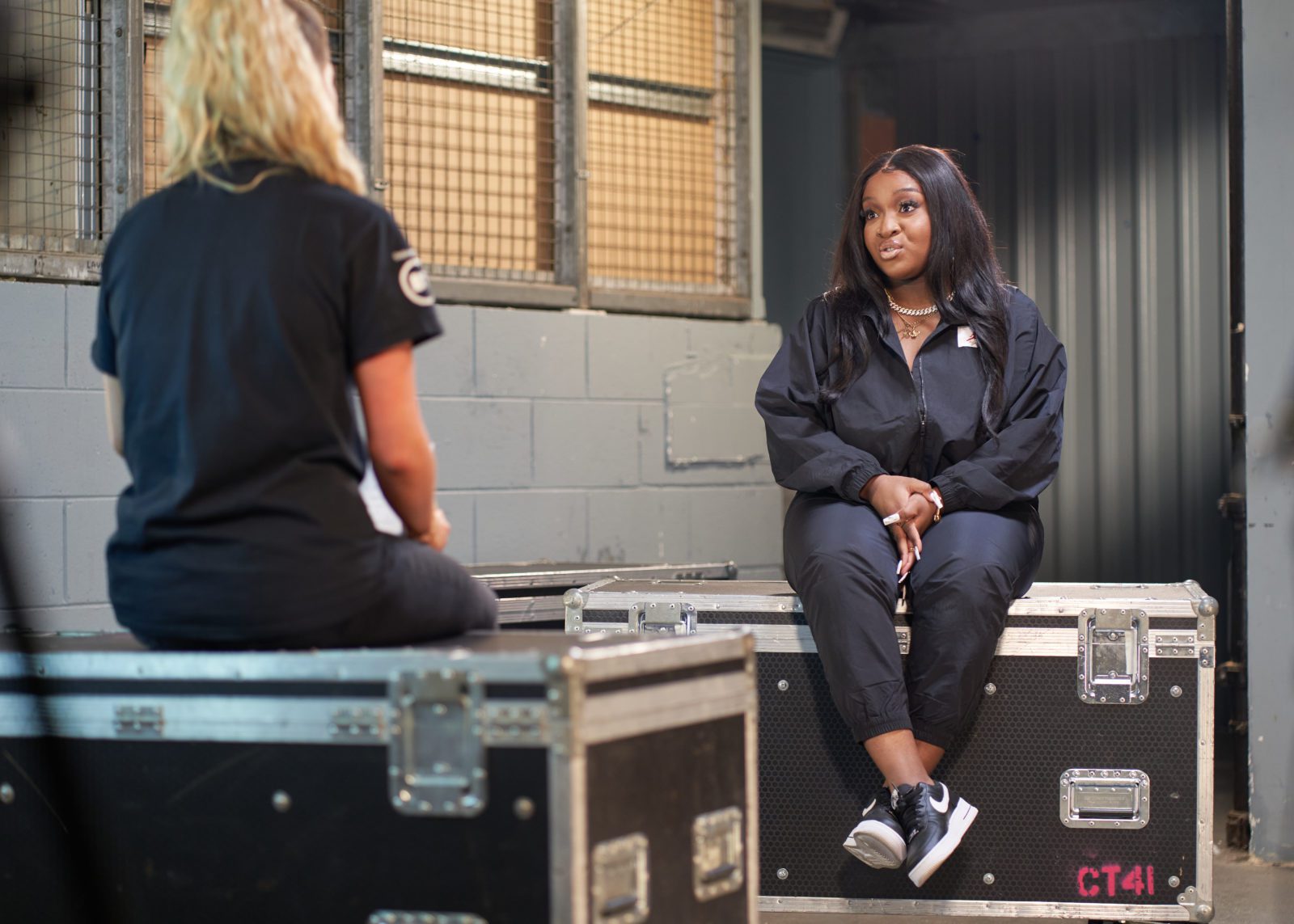Ever heard the quote “It’s not how much money you make, it’s how much money you save” … and rolled your eyes? This one’s for you. Managing your money can often feel like an impossible task when starting out, but with a few simple steps, investing in your future can become a daily habit that you enjoy.
That’s right, enjoy! In the Apprentice Nation Quick Set on Managing Your Money 101, Angie Kalou, Co-Founder at Lemonade, explains that being aware of your spending habits can positively affect your mental wellbeing, “as it can eliminate any stress or confusion about your finances, and instead you can feel calm and in control.”
Ready to start feeling positive about money? Let’s get stuck into 4 starter tips from Skills Leader Kaylee, Angie, and Ray BLK herself:
1) Find a budgeting tool that works for you and use it to start saving
The number one tool you can use to save money is a budget. A budget can help you explore how much money you have coming in and out, and what your priority spends are. As Angie explains:
“this doesn’t always mean cutting down on everything as we’re all human, it also means making space for the things that are important to you”
How do you get started? It can be a spreadsheet, an app like Yolt or Money Dashboard, or a simple list on paper. A great place to start with any budget is outlining your monthly incoming and outgoing finances by categories (food, bills, social life, emergency fund, savings) and assess where your spending can be moved about to start saving.
What seems like a small amount each week or month adds up.
2) Write out your long-term goals and keep it visible
It’s hard to start thinking about saving money if there’s no end goal. Want to get out of your overdraft? Move out? Go to university? Go on holiday? Or simply feel more secure for the future?
Everyone’s guilty of pushing saving to the side for a short term purchase, Ray BLK has been there, too. Ray said what helped her avoid impulse spending was thinking:
“about the long-term goal and the bigger picture…you don’t know what’s going to happen when, so you need to be smart with your money”
Give your future self a boost in the right direction. Write down why you want to manage your money, and when the urge comes to spend on small, disposable things, it will be easier to say no.

3) Explore your side-hustle options
Remember, this might not be an option for everyone. You don’t want to stretch yourself too thin. But, if you have the time, a side-hustle can give you a sense of security, with some extra income.
As Angie mentions: “Depending on how you’re generating that income, it’s also a chance to gain experience and build your skills which might help you to find future opportunities”.
4) Remember that sometimes investing in yourself can pay off!
Don’t be too hard on yourself. Sometimes spending your money can mean investing in your future. As Ray BLK discusses, it’s all about weighing up your priorities. A course, a car, even clothes have the potential to bring something positive and sustainable to your growth. Just remember to plan it out in advance in your budget from Step 1!
If you’re feeling uneasy, stressed, or anxious about managing your money visit The Mix or Money Advice Service for free, impartial advice and support. You can even read more tips from Save the Student.
Catch the whole Quick Set for even more money saving advice featuring Kaylee, Angie and Ray BLK.
By joining Apprentice Nation and watching videos on the Skills Hub, you can earn credits to unlock amazing rewards like Beats Headphones, Amazon Vouchers and more – plus an exclusive hangout with your favourite artist from the show.

